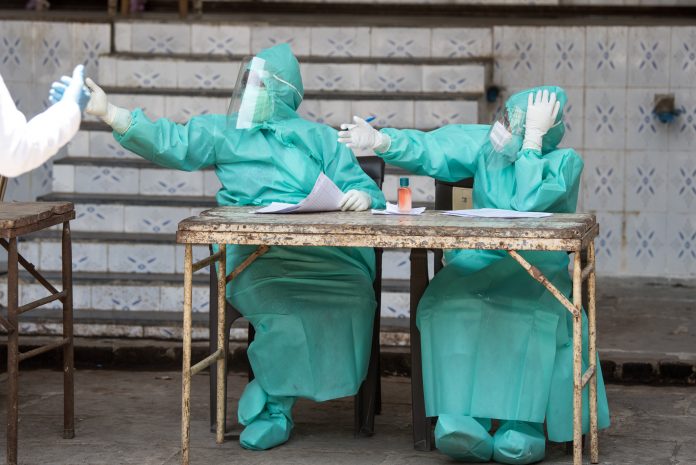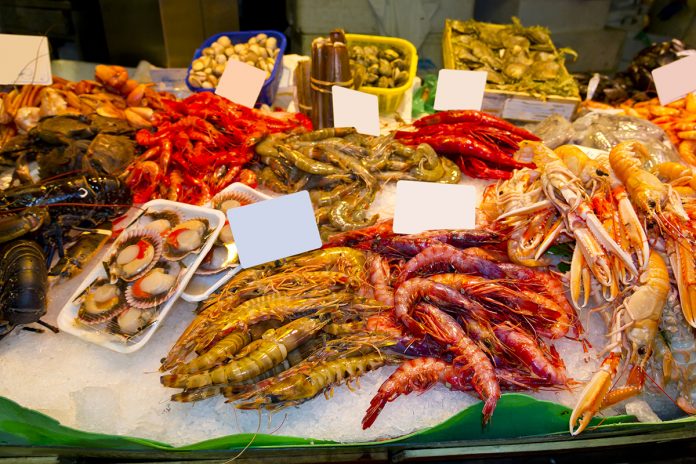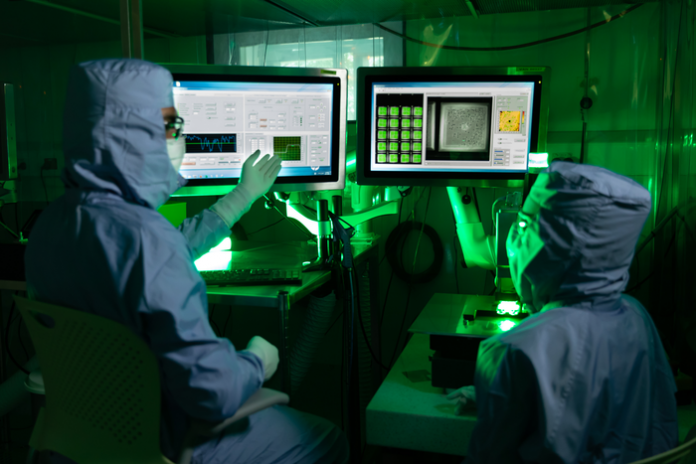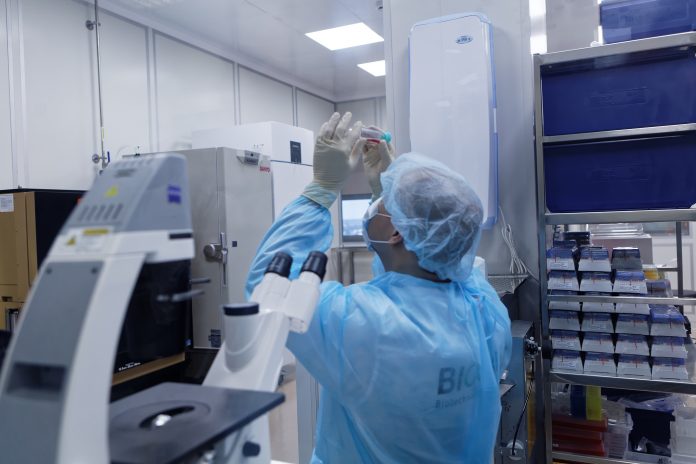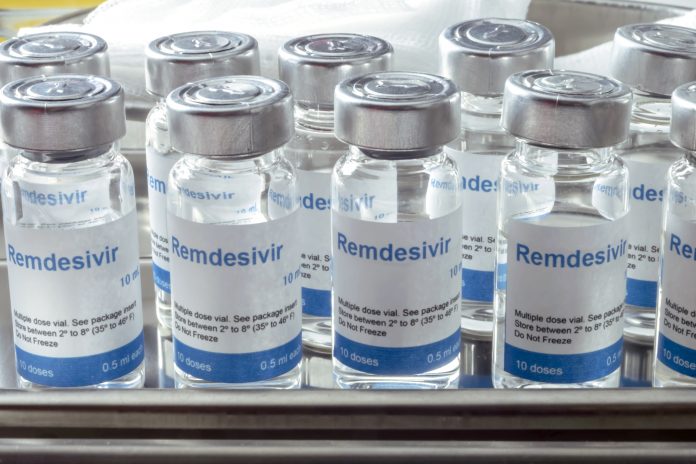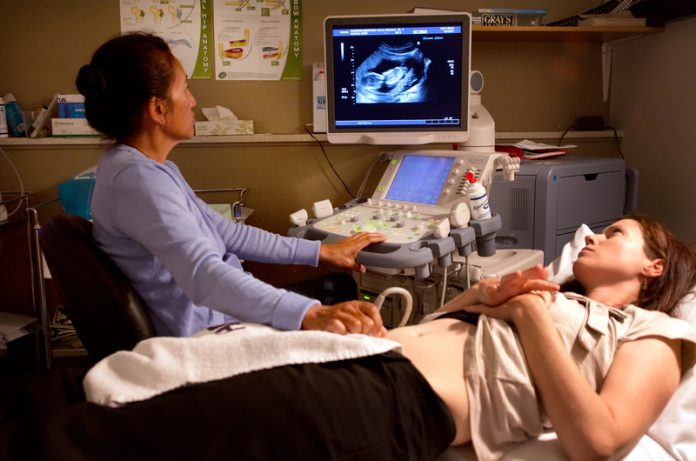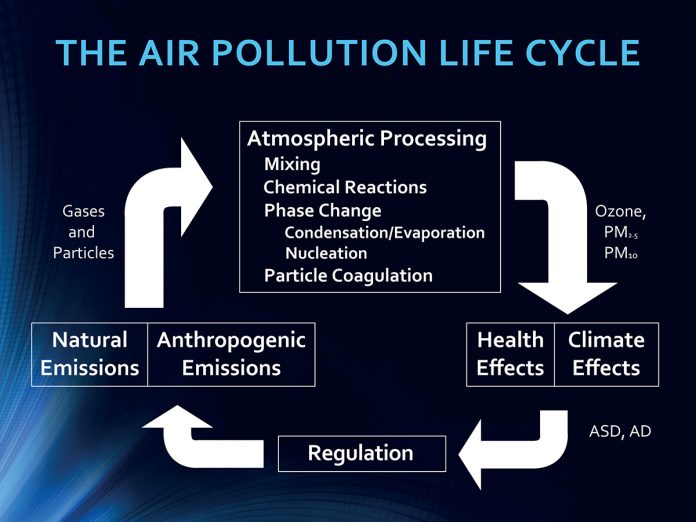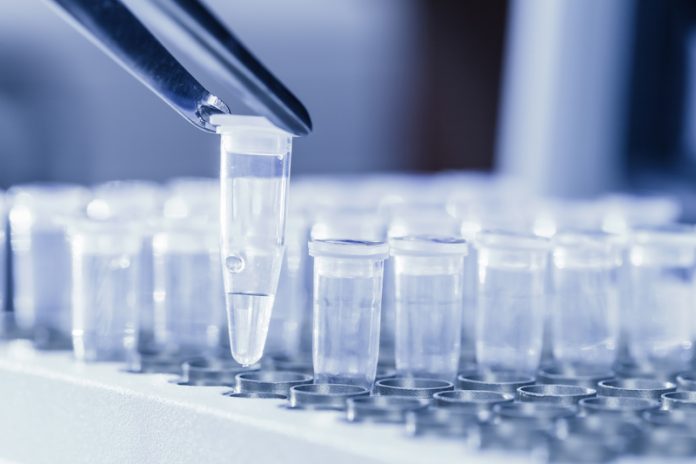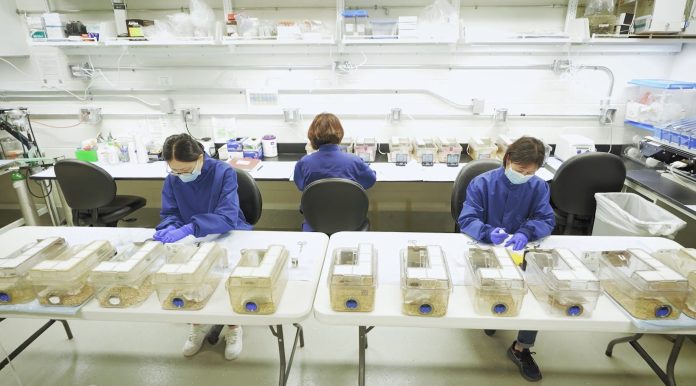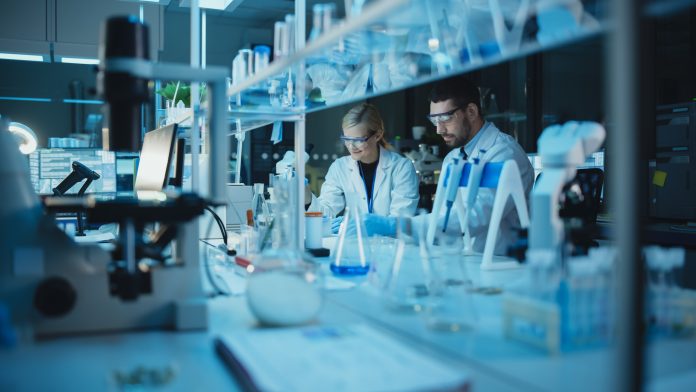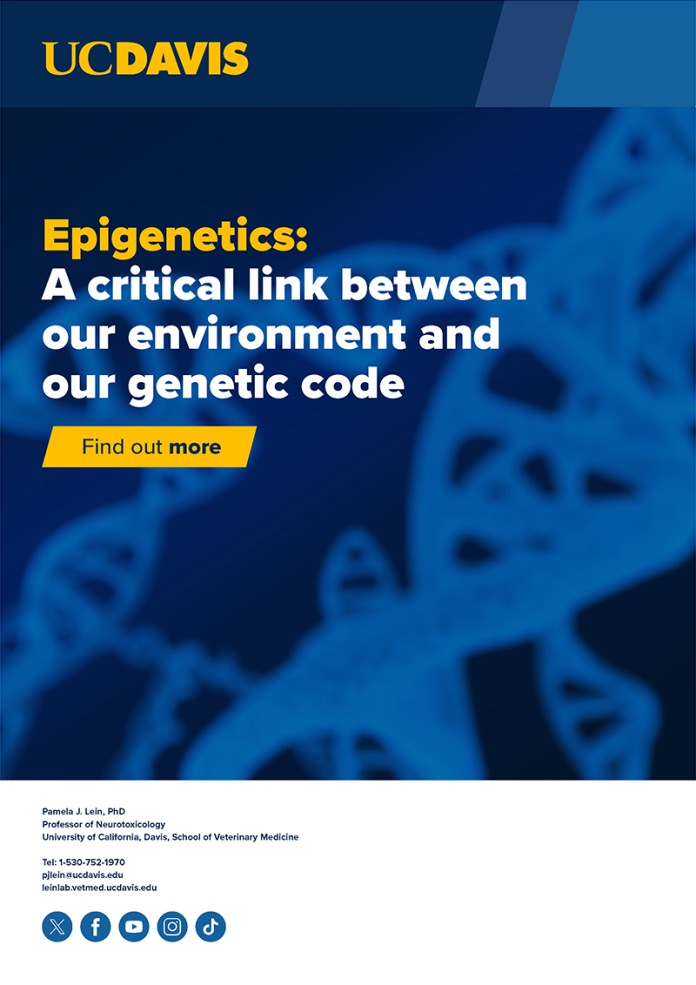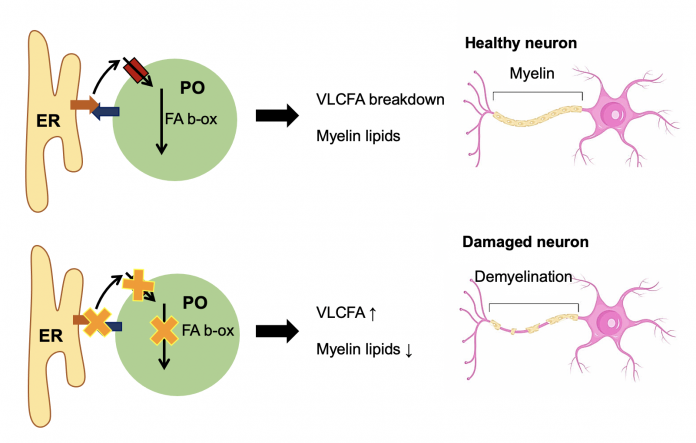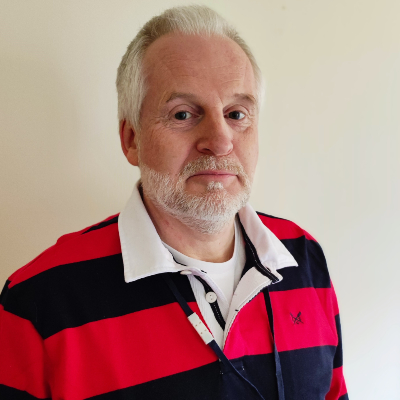Open Access Government produces compelling and informative news, publications, eBooks, and academic research articles for the public and private sector looking at health, diseases & conditions, workplace, research & innovation, digital transformation, government policy, environment, agriculture, energy, transport and more.
Home Search
Molecular Biosciences - search results
If you're not happy with the results, please do another search
UC Davis Department of Molecular Biosciences
The Department of Molecular Biosciences serves as the academic home for all nutritional, physiological chemistry, and pharmacologic and toxicologic programs of the School of Veterinary Medicine at UC Davis.
The goal of the Department of Molecular Biosciences is to study fundamental biological processes and their perturbations by mutations, nutrition, drugs...
The COVID insight of Molecular and Cellular Biosciences
We reflect on the work of the Molecular and Cellular Biosciences division (MCB), especially in context of the “complex biological web” of a global pandemic.
Michael W Bruford – Cardiff University, School of Biosciences
I am a molecular ecologist interested in studying the demographic and evolutionary processes affecting populations, species and ecosystems of conservation concern
We focus on understanding the determinants of genomic diversity, population structure and fitness across species and at a variety of spatio-temporal scales, including studying the behaviour and movements of...
Shellfish poisoning: A neurotoxic consequence of global warming
Jeremy MacMahon, Yi-Hua Tsai, and Pamela Lein from the Department of Molecular Biosciences, UC Davis School of Veterinary Medicine, explore how shellfish poisoning is affecting human and animal health.
New “clickable” COVID vaccine patch in early stages of testing
The University of Texas is creating a COVID vaccine patch, which can protect against the virus - without the use of a needle.
Computational methods for modelling 3D structures of protein complexes
Here, we learn about Daisuke Kihara, Professor of Biological Sciences and Computer Science at Purdue University, who develops state-of-the-art computational methods for modelling 3D structures of protein complexes.
Combination of remdesivir and hep C drugs effective against COVID-19
A combination of remdesivir and drugs for hepatitis C virus (HCV) have presented strong effectiveness against COVID-19 in a new study.
Pamela J. Lein, PhD – University of California, Davis
Pamela (Pam) Lein earned a B.S. in Biology from Cornell University in Ithaca, NY, a M.S. in Environmental Health Sciences from East Tennessee State University in Johnson City, TN, and a Ph.D
in Pharmacology and Toxicology from the University of Buffalo in Buffalo, NY. She completed postdoctoral training in Molecular...
Marijuana use during pregnancy: The cannabis conundrum
Dennis R. Carty, Ph.D. and Pamela J. Lein, Ph.D., University of California, highlight the rising trend of marijuana use during pregnancy and the implications surrounding it.
The potential long-term environmental health consequences of urban wildfire debris
Birgit Puschner and Pamela Lein from the University of California, Davis share their expert views on the impacts of urban wildfire on chemical contamination in small backyard agriculture.
An emerging environmental health concern: Impacts of air pollution on the brain
Anthony S. Wexler and Pamela J. Lein from the University of California share their expert views on the impacts of air pollution on the brain
Air pollution is a complex mixture of gases and particles in the atmosphere. Air pollutants are defined as compounds known to be deleterious to human...
Ten years in systems biology research at BioQuant
Heidelberg University describes 10 years of successful systems biology research and education at their BioQuant Center
Systems biology research facilitates the discovery of yet unknown principles of complex biological systems, by connecting the experimental life sciences with mathematics, bioinformatics, engineering and computation. Quantitative experimental data are translated into mathematical models...
MMPC-live: Accessible resources for phenotyping of live mouse models of diabetes and obesity
Professor Carol F. Elias, from the University of Michigan’s Department of Molecular & Integrative Physiology, discusses key research opportunities enabled by the NIDDK Mouse Metabolic Phenotyping Center in live models – MMPC-Live.
Exposomics: A shift in biomedical research with potential to improve human health
Recent advances in exposomics offer an exciting opportunity to comprehensively catalog human exposures and link them to biological responses determining health and disease. Pamela J. Lein, Ph.D. from the University of California, tells us more.
Epigenetics: A critical link between our environment and our genetic code
The sequencing of the human genome at the turn of the 21st century was heralded as a monumental scientific achievement. Scientists around the globe expected that this new-found technology would accelerate understanding of human biology and revolutionize medicine by identifying genetic causes of disease, which could then be cured with gene therapy.
Detoxification: The science behind social media claims of detox health benefits
Jessie R. Badley and Pamela J. Lein from the University of California, Davis, explain the science behind detoxification and the claims of detox health benefits in social media and the deception associated with it.
Toxic textiles: Potential health risks associated with toxic chemicals in clothing
Maria A. Muñoz and Pamela J. Lein from the University of California, Davis, focus on the potential health risks associated with toxic chemicals in clothing.
Peroxisomes, lipids, and neurodegeneration
Prof. Michael Schrader at the University of Exeter looks to understand the role of peroxisomes in human health and disease.
Michael Schrader – University of Exeter
Michael Schrader, Dept. of Biosciences, University of Exeter, UK
I am a molecular cell biologist interested in the biogenesis and dynamics of cellular compartments (organelles) in mammalian cells. My research is discovery-based and at the interface of modern cell biology and biomedicine.
It focuses on fundamental molecular mechanisms that mediate and...
A “Halloween-esque” Twist of Global Climate Change
Dr Pamela Lein discusses a sinister threat to human health as a result of pathogens introduced by global climate change.


